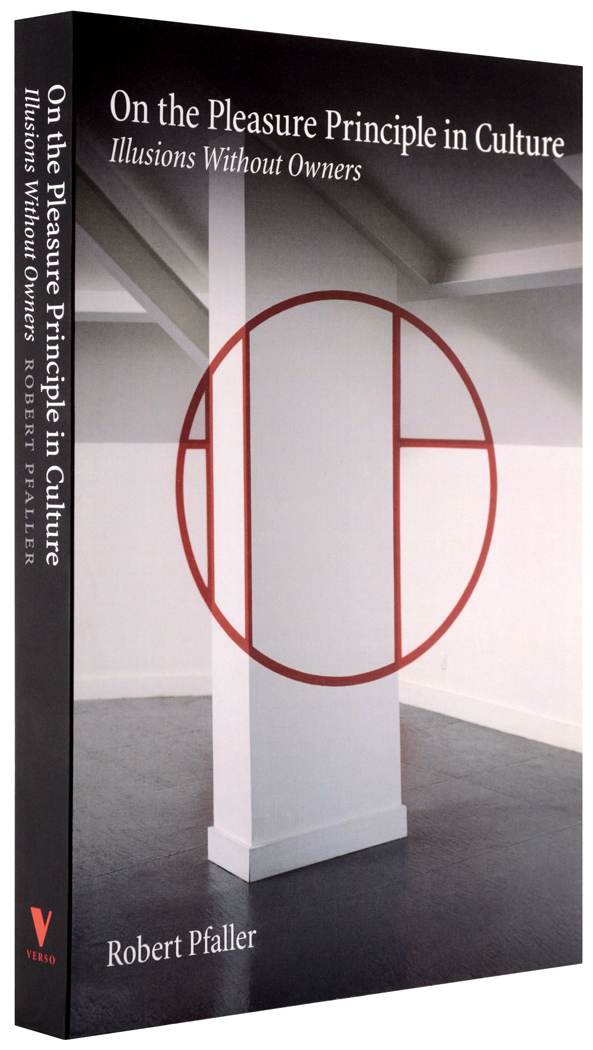For many illusions it is easy to find owners—people who proudly declare their belief in things such as life after death, human reason, or the self-regulation of financial markets. Yet there are also different kinds of illusions, too, for example, in art: trompe l’oeil painting pleases its observers with “anonymous illusions”—illusions where it is not entirely clear who should be deceived.
Anonymous illusions offer a universal pleasure principle within culture. They are present in games, sports, design, eroticism, manners, charm, beauty, and so on. However, it seems that this pleasure principle is increasingly misinterpreted. The proud proprietors of certain illusions are no longer capable of recognizing that they also follow anonymous illusions. As a consequence, they mistake happy, polite others for naïve idiots or “savages”—the possessors of stupid illusions whose happiness is an obscene intrusion into the lives of more rational creatures.
The misrecognition of anonymous illusions thus becomes a crucial ideological bedrock for contemporary neoliberal policy. Hatred of the other’s happiness leads to the destruction of the public sphere and to a state that, rather than fostering and stimulating its citizens’ capacities, interpellates them as victims and limits itself to providing “protective” or repressive measures directed against them.
